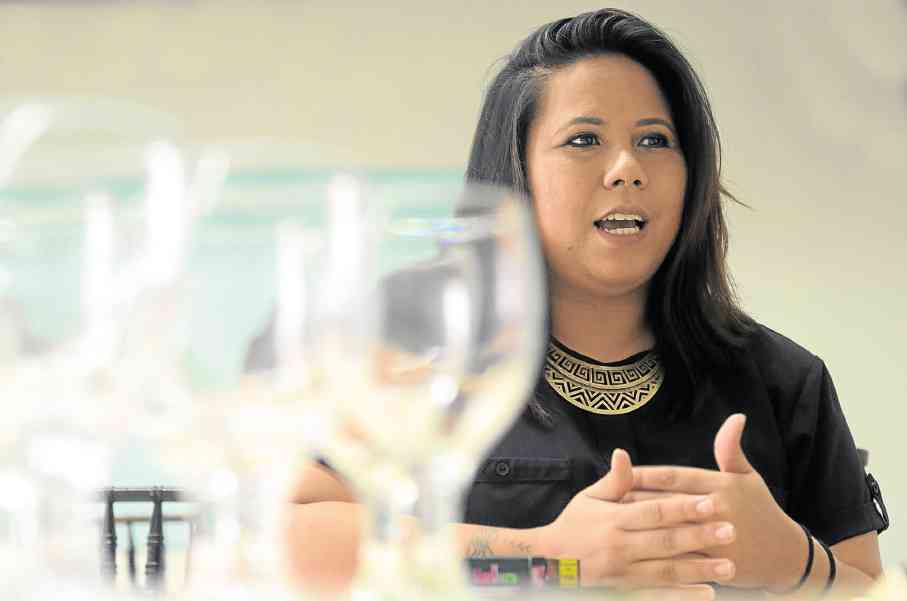When it comes to creating a thriving food business here in the Philippines and putting Filipino cuisine on the world food map, the secret ingredient, so to speak, lies in only one thing: For Pinoys to love their own.
Such was the common sentiment among food professionals who spoke at the recent conference “The Future of Food: Business Directions for Hospitality and Culinary Leaders” held at the University of the Philippines Bonifacio Global City campus last month by the Center for Culinary Arts (CCA) Manila.
The one-day event brought together Michelin-starred chefs, successful food entrepreneurs, and other industry experts who shared their knowledge as well as best practices on the business of food.
“We need people here to appreciate what they have, and invest in what we have. Buy local, support local, and get to know your farmers and where your food is coming from,” said Maria Natalia Roxas, co-founder of Filipino Kitchen, a US-based movement that aims to grow awareness on Filipino food heritage.
“I was just in Bicol, and I was telling some college kids there that you guys are so rich, because I see banana trees everywhere. I take a look at that banana leaf and see $7—because that’s what we pay for one [in the US],” she added.
Roxas, a Filipino-American who was born in Makati City but has been living in Chicago for the past 16 years, said she and fellow Fil-Am Sarahlynn Pablo started Filipino Kitchen after seeing how American media would feature Pinoy cuisine without the proper context.
“[Filipino food] was always placed under the label ‘arriving.’ Darlings, we’ve been here since the 1500s,” said Roxas. “When [my co-founders and I] started talking about this, we found that a lot of the issues surrounding the Filipino community is centered on food. So then we said, why don’t we write about it, photograph it, then it’s in the voice of a Filipino.”
She added: “We tie history, agriculture, traditions and culture to food. So we’ve become multifaceted.”
Since 2014, Filipino Kitchen has been hosting pop-up dinners, speaking engagements, workshops, and an annual arts and food fest, with the goal of elevating “the profile of the Filipino food and community in the US and beyond.”
One of the Filipino chefs Roxas works with, who was also a conference speaker, is Nicole Ponseca, who runs two restaurants in New York, Maharlika Filipino Moderno and Jeepney Filipino Gastropub, which have been operating for the past five and four years, respectively. She credits her father, a Caviteño, for instilling in her a deep love for food.
“I remember [my dad] feeding me with just his hand, calling me, ‘Halika na! (Come here!),” said Ponseca. “And then one time, my mom got mad because she saw him feeding me bagoong, and she said, ‘She’s not going to like it. My dad responded, ‘No, she’s Filipino. She’s going to like it.’ I think, in his own way, he could show me his love for me through food.”
Ponseca also shared a few tips on how aspiring food entrepreneurs can follow in her footsteps: “I started by taking one step after the other, just getting a job with the goal of getting to a high position and putting Filipino food on the map. My first piece of advice: Stop chasing trends. Don’t do something just because it’s the popular thing to do. Your business should be an extension of who you are—the ambience, food, even the price.”
Ultimately, it’s really “up to the Filipino people” to find what truly makes Filipino cuisine stand out, said French master chef Robert Fontana, who tackled the topic “Food and Dining Trends in Asia Pacific.”
“When you mention Filipino food, what dish do you think about? That’s not for anyone to say but Filipinos themselves,” said Fontana. “The Filipino people have to decide how they want their food to be known.”



